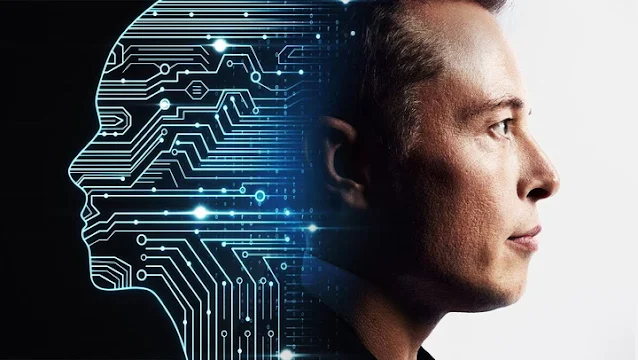Predicting the exact state of AI in 2040 is highly speculative, as the field of artificial intelligence is rapidly evolving and subject to various factors that can influence its development. However, based on current trends and advancements, here are some potential characteristics and applications of AI in 2040:

Advanced Machine Learning: Machine learning algorithms will continue to improve, becoming more efficient, accurate, and capable of processing and analyzing vast amounts of data. This will enhance the performance of AI systems across various domains.
Deep Neural Networks: Neural networks will likely be deeper and more complex, enabling AI models to understand and learn from data with increased sophistication. This could lead to improved natural language processing, image recognition, and decision-making capabilities.
Ubiquitous AI: AI will be more integrated into our everyday lives, present in numerous devices and systems. Smart homes, autonomous vehicles, personalized assistants, and smart cities will rely heavily on AI technologies to enhance efficiency, convenience, and safety.
Healthcare Revolution: AI will play a significant role in revolutionizing healthcare. It will assist in accurate diagnoses, personalized treatment plans, and drug discovery. AI-powered robots and devices may assist in surgeries and provide care for the elderly.
Enhanced Robotics: Robots will become more capable and versatile, performing complex tasks with greater precision and adaptability. They may be employed in various industries, including manufacturing, agriculture, and services, transforming the nature of work.
Ethical Considerations: The ethical implications of AI will become increasingly important. Researchers and policymakers will focus on ensuring transparency, fairness, accountability, and privacy in AI systems to prevent biases, discrimination, and unintended consequences.
Human-AI Collaboration: Collaboration between humans and AI systems will be more seamless, with AI acting as intelligent assistants. AI will augment human abilities, enabling us to tackle complex problems, make better decisions, and achieve higher levels of productivity.
Creative and Artistic AI: AI systems will exhibit creativity in generating art, music, literature, and other creative works. They may even collaborate with human artists to produce unique and innovative pieces.
Superintelligence: While speculative, the development of superintelligent AI, which surpasses human intelligence across all domains, is a possibility. Achieving this level of AI raises significant ethical and existential questions, and it would require careful consideration and safeguards.
It's important to note that these predictions are speculative, and the actual state of AI in 2040 could differ in unforeseen ways. The pace of AI development, technological breakthroughs, and societal factors will heavily influence the trajectory and impact of AI over the next two decades.


0 Comments